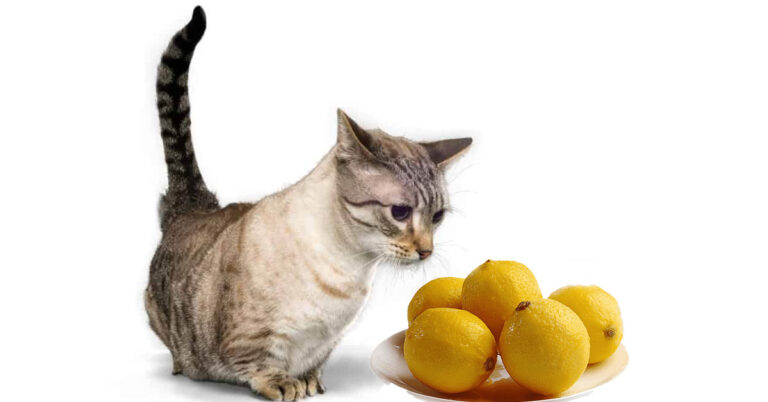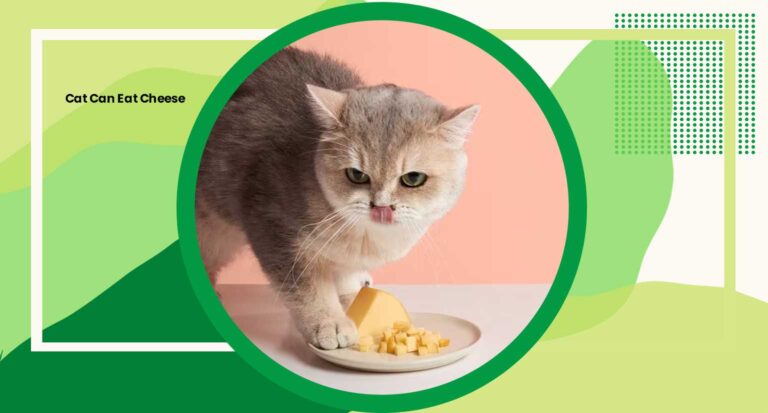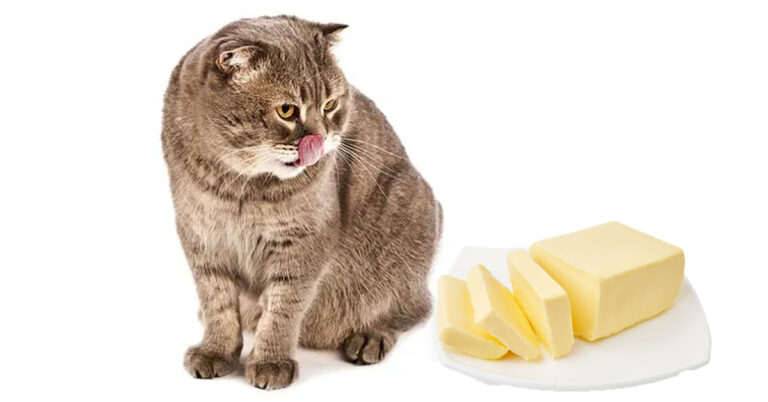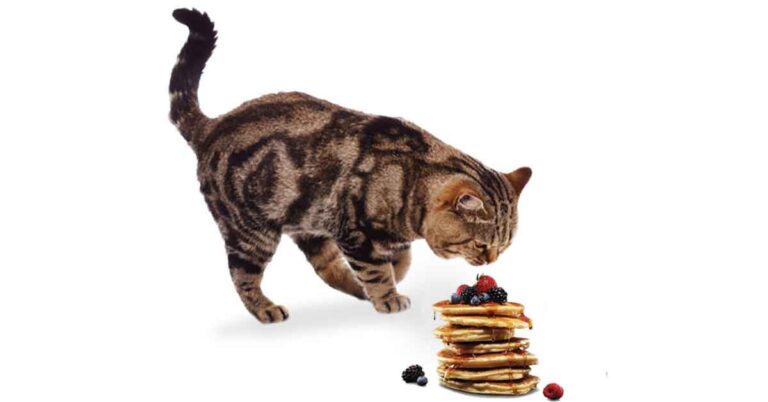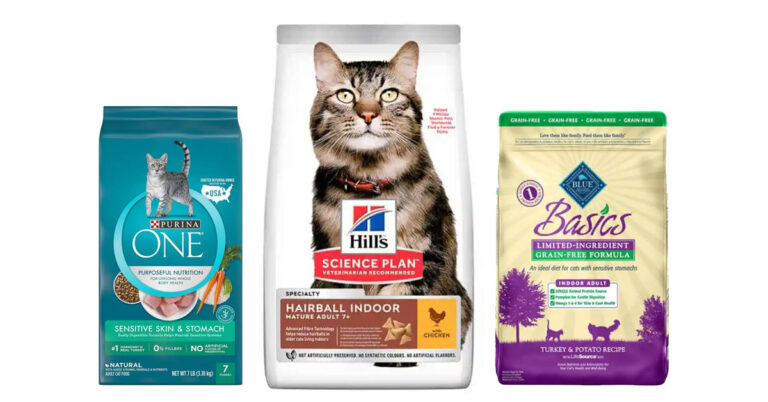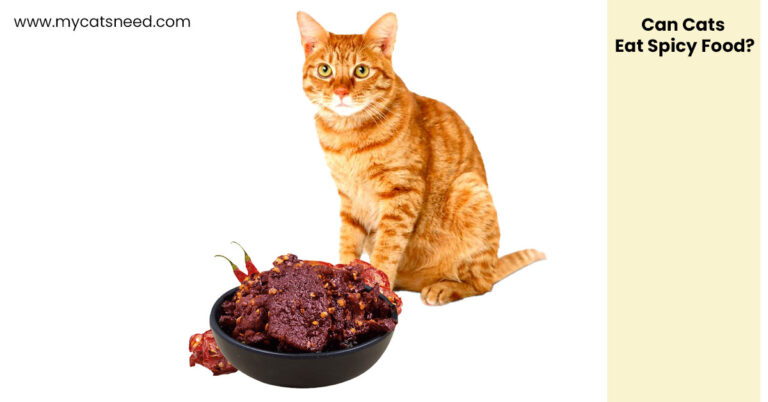Can Cats Eat Marshmallows
The short answer: it’s not recommended. Even though the gooey texture and sweet taste of marshmallows might be tempting for your feline friend, the high sugar content and lack of nutritional value pose serious problems. In this article, we delve into why marshmallows are not the best treats for cats, and explore healthy alternatives for rewarding your pet cat’s good behavior. Read on to become a more informed and responsible cat parent.
For pet parents in the United States and around the globe, understanding what their furry friends can or cannot eat is vital. This comprehension becomes especially important when it comes to sweets and treats that are enjoyed by humans but may not have the same appeal or nutritional benefits for felines. One such treat is the marshmallow, a beloved confection that adds a sweet touch to our hot chocolates and campfires. But can cats eat marshmallows?
Understanding Cats’ Dietary Needs
Obligate Carnivores
First and foremost, it’s essential to comprehend that cats are obligate carnivores. This means they primarily require animal protein to thrive. Their bodies are designed to derive nutritional benefits from a diet that includes high-quality lean proteins and a small amount of carbohydrates. The standard marshmallows, unfortunately, do not provide these essential nutrients.
While your feline friend may show an interest in sweet treats, it’s important to remember that cats don’t perceive sweetness the same way humans do. Their taste buds are geared more towards savoury flavours found in animal products. So, when a cat ingests a marshmallow, it’s probably more attracted to the texture of marshmallows rather than their sweet taste.
Feeding your cat marshmallows regularly can lead to health issues. Marshmallows are packed with high amounts of sugar and empty calories that contribute to weight gain and feline obesity. This is detrimental to your cat’s overall health and can lead to serious health problems like heart disease, liver failure, and kidney disease. Let’s delve further into why marshmallows should not be part of your cat’s diet.
Common Hazards of Marshmallows
Choking Hazard
One of the first things cat owners should be aware of is the choking hazard posed by marshmallows. Their gooey texture can potentially block a cat’s throat, especially if they are not chewed properly or if a large quantity is consumed. The risk is even higher for small kittens or older cats that may have a hard time chewing and swallowing. Thus, ensuring such sweet foods are kept out of your cat’s reach is the best thing a responsible pet owner can do.
High Sugar Content
Marshmallows are loaded with sugar. A regular marshmallow contains about 4 grams of sugar, which is a high amount of sugar for a small creature like a cat. Regular consumption of such sugary treats can lead to feline obesity and diabetes, among other health issues. Too much sugar can also lead to dental problems and high blood pressure. Therefore, the health benefits of avoiding marshmallows in a cat’s diet are manifold.
Artificial Sweeteners
Furthermore, some marshmallows may contain artificial sweeteners that are harmful to cats. Xylitol, in particular, is highly toxic to cats. Even a small amount can cause sudden drop in a cat’s blood sugar (hypoglycemia), seizures and liver failure. Other marshmallows might be flavored with chocolate or other toxic foods for cats. Hence, whether it’s mini marshmallows, marshmallow fluff, or any different types of marshmallows, pet parents should exercise caution and avoid offering these sweet things to their feline companions.
Health Implications of Feeding Cats Marshmallows
Weight Gain
Marshmallows are packed with empty calories, which means they provide energy but little to no nutritional value. Regularly feeding your feline friend marshmallows can lead to a high intake of unnecessary calories, which in turn can cause weight gain. Feline obesity is a growing concern among pet owners and can lead to serious health problems such as heart disease and diabetes.
Heart Disease
The high sugar content and lot of sodium found in marshmallows aren’t just threats to a cat’s waistline. They also pose a risk to their heart health. Over time, a diet high in sodium and sugar can lead to increased blood pressure, heart problems, and even heart disease in cats. For the sake of your cat’s heart health, it’s best to skip the sweet treats and stick to commercial cat food and treats designed for their nutritional needs.
Liver and Kidney Issues
Feeding your cat too many marshmallows can also lead to liver and kidney disease. The high sugar content can lead to fat buildup in the liver, potentially causing liver failure over time. Similarly, the high amounts of sugar can strain your cat’s kidneys, leading to kidney disease. As a responsible pet parent, it’s crucial to be aware of these risks and take steps to ensure your cat has a balanced, healthy diet.
Digestive Problems
Finally, marshmallows can cause digestive issues in cats. Cats’ digestive systems are not designed to process large quantities of sugar and artificial sweeteners found in marshmallows. Consuming marshmallows can cause stomach upset, diarrhea, and other digestive problems. In severe cases, it can also lead to pancreatitis, a serious and painful condition. To avoid these issues, it’s best to keep marshmallows and similar sweet foods out of your cat’s diet.
Safe Alternatives to Marshmallows
Commercial Cat Treats
Fortunately, there are many safe and nutritious alternatives to marshmallows available for your feline friend. Commercial cat treats are formulated with a cat’s nutritional needs in mind and make excellent rewards for good behavior. They come in a variety of flavors and textures to cater to your cat’s taste buds. Always remember to check the nutritional information on the packaging and feed these treats in moderation to avoid weight gain and other health issues.
Homemade Treats
For cat owners who enjoy cooking, homemade treats are another excellent alternative. You can prepare small pieces of cooked lean protein, such as chicken or fish, as a special treat for your pet cat. Homemade treats allow you to control the ingredients and avoid unnecessary additives or high amounts of sugar. However, always consult with your vet before introducing new foods into your cat’s diet.
Cat-Friendly Herbs
Some herbs, like catnip and marshmallow root, are safe for cats to consume and can be a healthy addition to their diet. These herbs can be used as occasional treats and provide some health benefits. For instance, marshmallow root is known for its soothing properties and can help with digestive issues. Always introduce new foods slowly and observe your cat for any adverse reactions. And remember, even healthy treats should make up no more than 10% of your cat’s daily caloric intake to maintain a balanced diet.
Best Practices for Cat Treats and Snacks
When it comes to treating your feline friend, there are some best practices that can ensure they enjoy their goodies without compromising their health. First, keep treats and snacks to a minimum. Treats should make up no more than 10% of your cat’s daily caloric intake, as too many can lead to weight gain and nutritional imbalances.
Second, be mindful of the type of treats you provide. As we’ve discussed, marshmallows and other sugary treats can have a negative impact on your cat’s health. Opt for commercial cat treats specifically designed for cats, homemade treats with vet-approved ingredients, or cat-friendly herbs like catnip or marshmallow root. This way, you’ll know that your cat is getting a treat that’s both delicious and nutritious.
Finally, remember to be consistent with your feeding schedule. Cats thrive on routine, and regular feeding times can help prevent overeating and weight gain. By following these best practices, you’ll ensure that treating your pet cat remains a fun and healthy part of their routine.
Conclusion
As loving cat owners, we naturally want to share all aspects of our lives with our feline friends, including the occasional sweet treat. However, when it comes to the question, “Can cats eat marshmallows?”, the answer is clear: it’s not recommended. The high sugar content, lack of nutritional benefits, potential choking hazards, and potential health issues make marshmallows an unsuitable snack for cats.
Instead, focus on providing your cat with a balanced diet rich in animal proteins, as befits their status as obligate carnivores. Commercial cat foods, special cat treats, homemade goodies, or cat-friendly herbs can all serve as healthy alternatives to marshmallows.
The best thing we can do as responsible cat parents is to ensure that our furry companions have a nutritious diet that caters to their unique needs, and that occasional treats are safe and healthful. Understanding and prioritizing your cat’s dietary needs will help them live a long, healthy, and happy life.
Related Articles:


